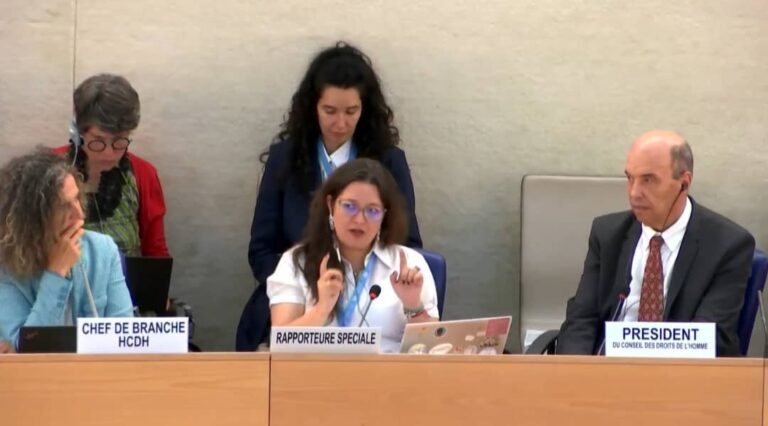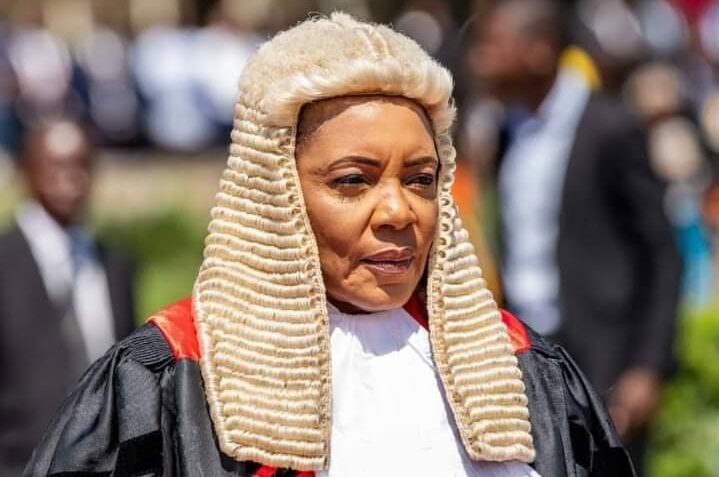In a joint press briefing, the Zambian government has announced a significant crackdown on the misuse of social media, invoking Section 54 of the Cyber Security and Cyber Crimes Act No. 2 of 2021. The announcement was made by the Honourable Minister of Technology and Science, Felix Mutati, alongside the Honourable Minister of Home Affairs and Internal Security, Jack Mwiimbu, who emphasized the government’s commitment to curbing online hate speech, propaganda, defamation, and the abuse of children.
Tough Stance on Cyber Crimes
The Cyber Security and Cyber Crimes Act No. 2 of 2021, particularly Section 54, provides for a stringent penalty of up to five years imprisonment for individuals found guilty of such offenses. Minister Mutati stressed the gravity of the situation, stating, “The government will not tolerate any form of online misconduct that threatens the peace and security of our nation. The law is clear, and those who flout it will face the full wrath of the law.”
This section of the Act, which is central to the government’s current efforts, addresses crimes related to online communications, including the spread of hate speech, dissemination of propaganda, and other forms of cyber-related misconduct. The law empowers the government to take decisive action against those who misuse online platforms, with Minister Mwiimbu warning, “There is no place to hide for wrongdoers online; we will find you and bring you to justice.”
Implications for Social Media Users and Group Administrators
The government’s crackdown extends beyond individuals to include administrators of WhatsApp groups and other social media platforms. These administrators are being reminded of their legal responsibilities and the potential consequences of allowing illegal or harmful content to be shared within their groups. “WhatsApp group administrators must curtail postings that are illegal and in bad faith, as they will be held responsible for the publication of such information,” cautioned Minister Mutati. This move aims to curtail the spread of misinformation and illegal content at its source.
The government’s stance is clear: those who manage online groups must actively moderate content to ensure compliance with the law. Failure to do so could result in legal action against them, potentially leading to imprisonment under the Cyber Security and Cyber Crimes Act.
Investing in Cyber Infrastructure
To bolster its efforts, the Zambian government has heavily invested in cyber infrastructure designed to detect and track down individuals who engage in spreading falsehoods or scamming others online. This investment underscores the seriousness with which the government views cybercrime and its determination to protect citizens from digital harm. “Scammers cause emotional and physical harm to their victims, and the government is doing everything possible to protect the public from such abuse,” said Minister Mwiimbu.
This advanced cyber infrastructure allows for real-time monitoring of online activities, enabling the government to swiftly identify and apprehend those involved in illegal activities. The ministers reassured the public that these measures are not only punitive but also protective, aimed at ensuring that Zambia’s cyberspace remains safe and secure for all users.
A Call for Responsible Use of Cyberspace
The government is also calling on all Zambian citizens to become champions of responsible online behavior. In his address, Minister Mutati urged citizens to be vigilant against fake news, misinformation, and propaganda, encouraging them to report any such content to the authorities. “We urge all citizens to be impassioned advocates of responsible use of cyberspace. Let us all play our part in maintaining a safe and respectful online environment,” he said.
This call to action reflects the government’s broader strategy of fostering a culture of responsibility among social media users. By encouraging citizens to take an active role in safeguarding the digital space, the government hopes to create a more informed and respectful online community.
In conclusion, the Zambian government’s invocation of Section 54 of the Cyber Security and Cyber Crimes Act marks a significant step in its efforts to regulate online behavior and protect citizens from cyber-related harms. As the government continues to enhance its cyber infrastructure and enforce the law, Zambians are being urged to adhere to legal guidelines and contribute to a safer, more secure online environment.


















